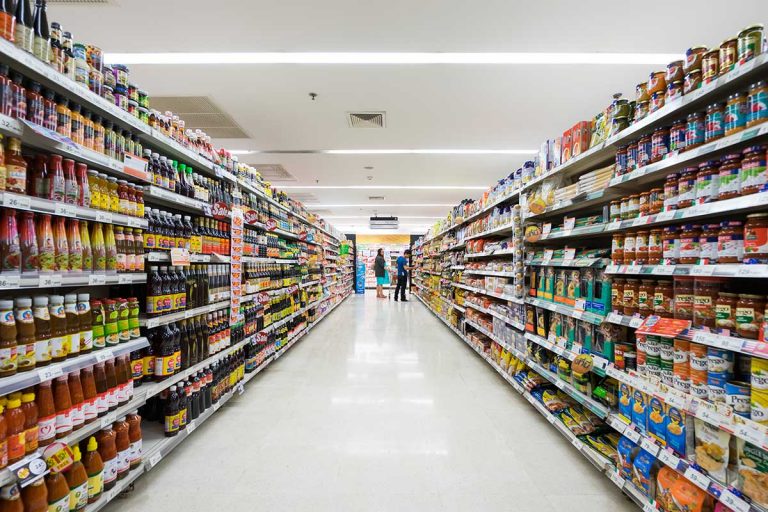Household consumption and international tourism will likely be the main drivers of growth in the UAE in 2018, according to a new country and sector risks report from Coface.
Notably, the report stated that the implementation of VAT “is not expected to represent a significant drag on growth.”
“However, subdued oil prices will likely prevent the economy from recording growth rates as high as pre-2014 levels,” the report stated. “The UAE is affected by production cuts as agreed with OPEC and non-OPEC countries.”
The report also noted that investment in Expo 2020 will play “an important role in the development of the tourism, hospitality, real estate, construction, and transportation and infrastructure sectors.”
Overall, the report forecasts GDP growth of 3.8 percent in 2018, up from 2 percent in 2017 and 2.7 percent in 2016.
Additionally, the report notes that government fiscal tightening measures, such as removing fuel subsidies and raising water and electricity tariffs, combined with a slow recovery in oil prices, means that the country’s budget deficit “will start to narrow”.
“This is set to result in higher spending on infrastructure, construction and investment, as the government should ease fiscal consolidation to sustain economic activity,” the report noted, adding that the budget is expected to be balanced in 2021 and start to produce small surpluses afterwards.
Higher non-oil exports, due to rising global trade volume and tourism revenues, are also expected to help sustain the current account surplus.
“The appreciation of the US dollar on the US Federal Reserve rate hikes would also help the dirham to appreciate, as it is pegged to the US dollar,” the report added. “This may also affect the competiveness of non-oil exports.”
In neighboring Saudi Arabia, GDP growth is forecast at 1.2 percent in 2018, up from -0.5 in 2017 and 1.7 percent in 2016.
“Whilst the increase in oil prices will give the authorities more room for maneuver for a more expansionary budget policy, the rise in inflation following the imposition of value added tax will work to limit the positive effects of increased public spending on the level of this activity,” the report noted.
The report also forecast continued budget consolidation as the government works to restore budget equilibrium.
“The rise in the value of exports thanks to oil prices and the reduction in imports and foreign worker remittances as a result of the slowing in economic activity led to a significant fall in the size of the current account deficit in 2017,” the report noted. “The continuation of these elements in 2018 should help return the accounts to surplus.”





